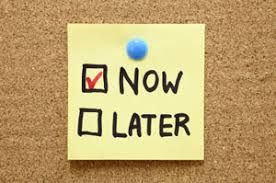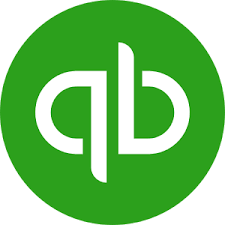Tips For Small Businesses During Tax Season
By: Rachel Raupp
Tax season is approaching, which for some may mean stress and anxiety. What if we told you those feelings aren’t necessary? Take a deep breath and rest easy knowing that these tips will help you make your tax preparation smooth sailing.
Avoid procrastination

The best thing to do for anything in life is prepare. This goes for tax preparation, as well. Waiting until the last minutes to review receipts and look over your records won’t benefit your mental health. Keeping accurate and up-to-date records throughout the year is the one surefire way to guarantee a stress-free tax preparation. It’s much better to do a little at a time than to overwhelm yourself with months worth of expenses and records.
Know about your ghost assets and don’t let them hurt your tax return
Many small businesses are not aware of what ghost assets are and how they impact a company. So, what is it? Ghost assets are assets or inventory that can’t be accounted for because they are physically missing or unusable. For example, any equipment (phone, computer, so on) that is outdated, replaced, or even just disappears. You can take control of this before it becomes a problem by using asset management systems.
Fully benefit from your deductions
There are incentives within tax guidelines. Make sure you catch the ones that apply to you. Take the time to take full advantage of these deductions. If it’s something the government is willing to pay for, it’s probably something you have already paid for that your company needed. Speak with your tax preparer to make sure you are taking full advantage of all the deductions that apply to you.
Utilize accounting software and accountants

Use your resources! QuickBooks is the number one most effective accounting software. Don’t know how to use it? Contact us. If you are unsure or wary about doing your own tax preparation, we are here to help you. Don’t overwhelm yourself when you can reach out for help.
Prepare your retirement fund
By adding to your 401(K) or IRA, you can decrease your annual tax burden. How so? You don’t start paying taxes on this income until you start pulling it out. If you’re not sure how much of your income to contribute to your retirement, do your research or contact an accountant for expert advice.
.png?token=6adcf38ed58846e4f05e97718ba6eb6d)